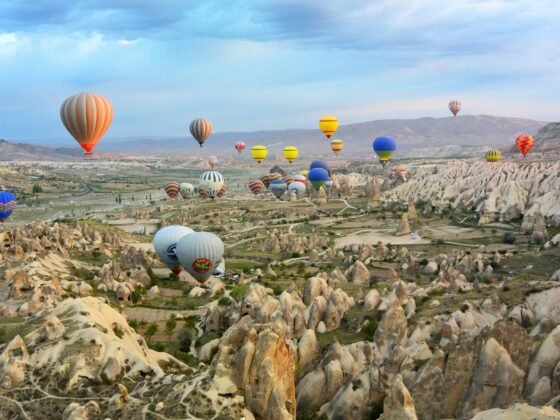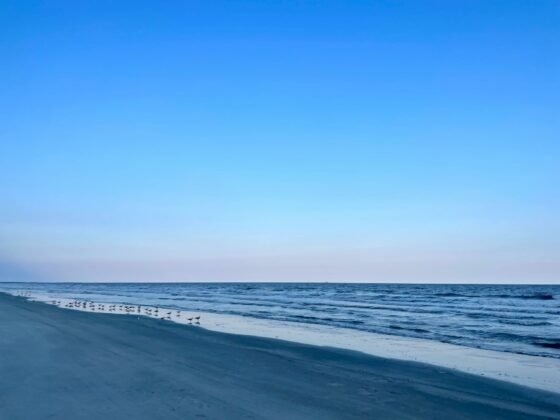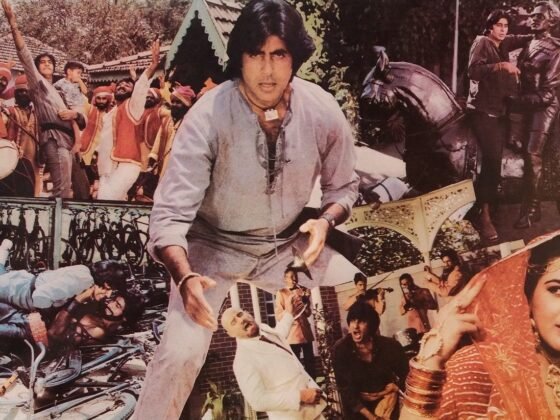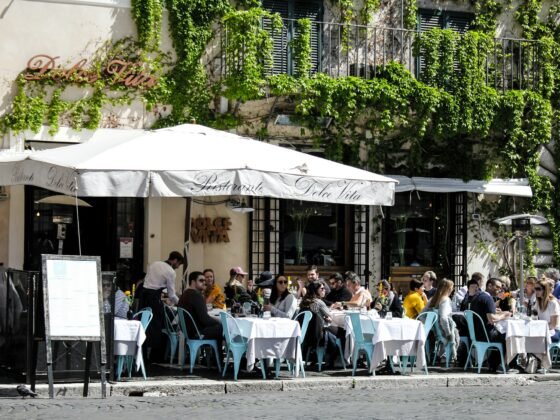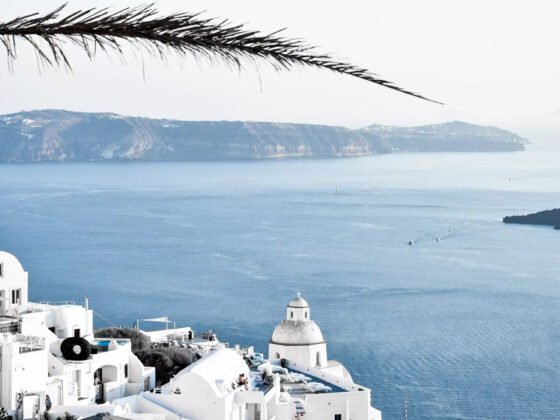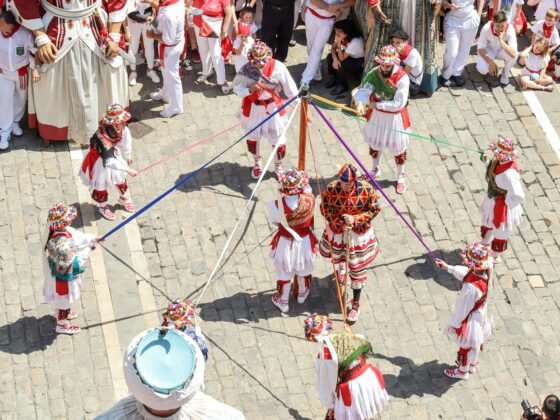Just after dark the bus stopped at a cafeteria. The timing of the unprepared traveler and his stomach do not often agree, so food had become a priority for us. Maybe we were distracted by hunger pains; perhaps we let our wishful thinking stifle our logic, but whatever the cause, we did not listening to the little voice that said, “Do you think we should….” Our family rule is, “If you have to ask, then the answer is YES.” We asked, but ignored our own advice, and paid the price. We passed several modern hotels on our way to the Panamanian border: clean, probably reasonable, certainly safe, but not quite to the border. While my husband, teenage son, and I debated getting off the bus so we could sleep in one of these appropriate accommodations, the bus rolled on, waiting for no one’s indecisions. Before we could make the move to get off the bus ourselves, it was 9:30; we had reached the end of the line and had no choice. We were in the border town of Paso Canoas, Costa Rica.
Immediately I was struck by the deserted streets. It appeared that even the locals did not feel safe being out after dark. We stood on the corner of the main street and the Pan-American Highway, staring forlornly at the closed Immigration office.
“They close the border at night, Dave?”
“Apparently.”
“Why would they do that?”
“Because they can. Come on, let’s find a hotel.”
Only in Dominican Republic have we attracted such a leech as we did in Paso Canoas. I think we usually look confident and competent enough to avoid such conmen, but we were neither and must have shown it. He greeted us in English, the only other person on the street, and began his constant prattle.
“You need a hotel? I’ve got a good hotel for you, right down the street. Here, my brother-in-law owns it. Good place to stay, cheap prices. Right here. Hey, where are you going my friends, come here, this is the place you need to stay.”
I could not think because of his mouth; I was tired, scared, and increasingly pissed off. Finally, I reacted the same way I had in DR. “Leave us alone. Right now, GO. We do not want your help; you are not getting any money from us, and we are NOT staying in any hotel you recommend. GO!” Surprisingly, he went.
Left alone, we wandered down the main street, afraid to go down any of the alleys. We found an acceptable hotel—though someplace we would never dream of staying in the States—but there were no rooms available. After checking several hotels and finding no vacancies, we were left with only one choice. It advertised frequent “users” discounts (not “sleepers”) and posted an hourly rate. We paid $10 per bed, but would have gladly paid $100 per bed to stay in a Best Western. The bartender gave us a key and vague directions to our room.
Our key unlocked a dorm-type room with four single beds, two of which had been used, not necessarily for sleeping. There was garbage on the floor, including a package of men’s underwear. Before I even had time to cry, while we were still staring around the room, too shocked to speak, there was a knock at the door. The bartender greeted us with a sheepish smile, “So sorry. Not clean, not clean.” No shit. He led us to another room where the beds were at least made, though how clean they were was debatable.
After he left I propped a chair under the door handle, wrapped our pillows in t-shirts, and crashed on top of the bed. Dave tried to distract us with the TV, but about 1:00 a.m. he gave up and turned it off. Then we could hear the noises: a rat chattered (I said he was in the bathroom; Dave claimed he was in the ceiling); a whore moaned (I told myself it was a cat in heat—that helped a little); a guy down the hall hacked and coughed, spitting his phlegm every few minutes. The overpowering smell of urine burned my eyes; the springs of the single bed poked into my hips. At 2:30 I had resigned myself to not sleeping—it seemed the safest course of action. But exhaustion won and I dozed, though the 5:00 alarm was not necessary. I was already dressed, packed, and anxious to leave Costa Rica.
C McBride
Costa Rica.


